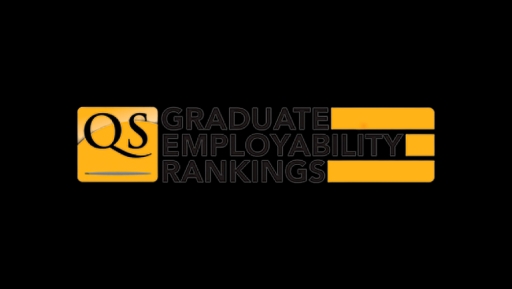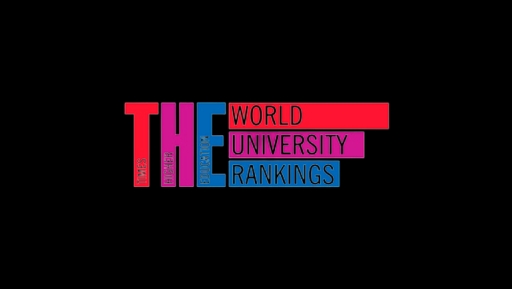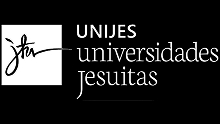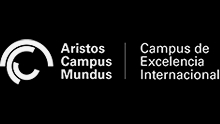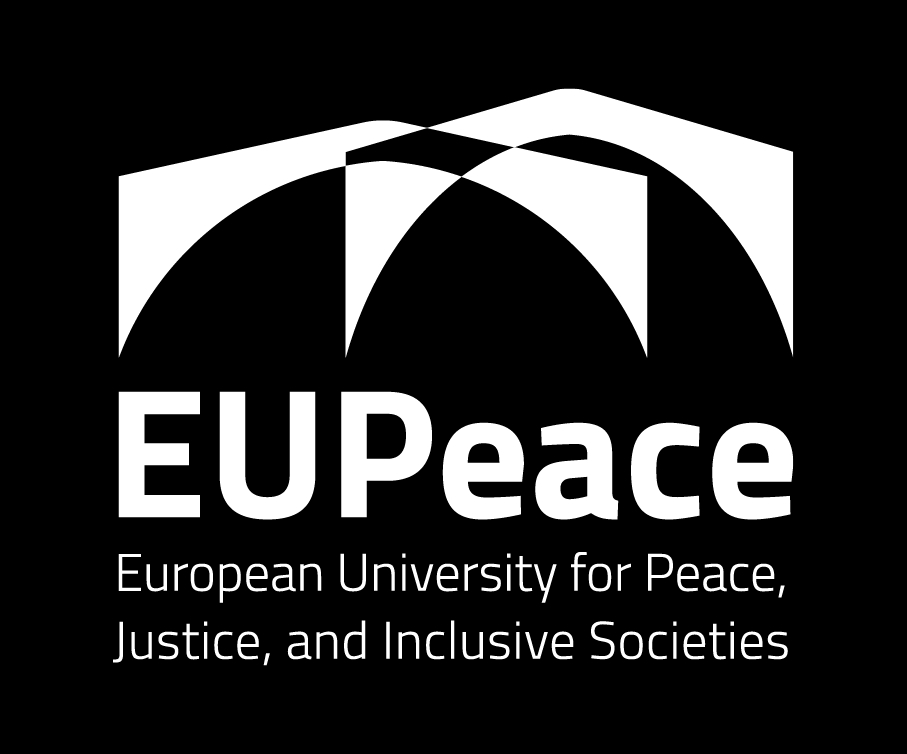Do you want to get to know us a little better, see what our day is like and what yours could be like in Comillas?
Admission open from October 10.
Future students' conference

How can I study at Comillas?
Our admission process is rigorous, we want the best students and the best people. That's why we offer quality studies, degrees, postgraduate courses, doctorates and specific courses that will equip you with the professional skills you need to succeed in the world of work and society.
Upcoming events
The best initiatives, the best professionals...
Latest news
Faculties, schools, institutes and centres
Enjoy a unique university experience by choosing from a wide range of programmes focused on technology and digital transformation to develop your future.
Comillas means high [[employability rates]]
We are an institution committed to your future, our prestige and relationship with leading companies and professionals in the sector guarantees that they trust us, and therefore you, which is why our placement rate is so high.
Professionals want to hire rigour, education, talent...
They come to Comillas to find it.
Quality programmes and faculty
That is why we are pioneers in the dual degree format, the first to create business analytics programmes, we promote initiatives by our alumni and encourage quality networking.
Mentoring and networking
For this reason, we are pioneers in the dual degree format, the first to create Business Analytics programmes, we promote Alumni initiatives and encourage quality networking.
Professional recognition
Comillas is a guarantee of success and the labour market knows it. It is a fact. Our prestige is recognised worldwide and that is not easy.
The most sought-after studies
Don't miss out!
At Comillas we are backed by our tradition, our excellence, but also by our pioneering nature when it comes to investing in new curricula and skills.
- Translation and Communication
- Official Bachelor's degrees
- Spanish
- Law
- Comillas degrees
- Spanish
- Business
- Comillas degrees
- English
- Comillas degrees
- Comillas master's degrees
- Comillas master's degrees
- 1 year
- Translation and Communication
- Official Bachelor's degrees
- Spanish
- Law
- Comillas degrees
- Spanish
- Business
- Comillas degrees
- English
- Comillas degrees
- Comillas master's degrees
- Comillas master's degrees
- 1 year
Comillas is research
Research is a fundamental task at Comillas, which adds to its prestige and academic rigour a combination of specialisation and interdisciplinarity that finds its best place in its variety of research centres and in the numerous events, conferences and lectures that are organised at the university.
At Comillas Pontifical University, research is select and of high quality to contribute to our environment's cultural, social, economic and technological development. It is research-oriented towards innovation and social return that puts faith in interdisciplinarity. It is carried out with our resources and thanks to national and international public calls and collaboration with the business world.
Our researchers work in institutes, chairs adn research groups, and we also promote research training with the International Doctoral School.
The data speaks for itself...
It is said that "data trumps narrative", at Comillas we care about both aspects.
International mobility
We are the Spanish university that sends out the most students on exchange programs, and the 3rd in terms of incoming students.
Teaching and learning
Occupancy rate of students of the Bachelor's Degree in Law at Comillas
Employability
Occupancy rate of students six months after finishing their studies

Comillas is international
Are you coming from outside Spain or do you want to study abroad? You are in the right place.
Check out our international courses, exchanges and much more at the following link.
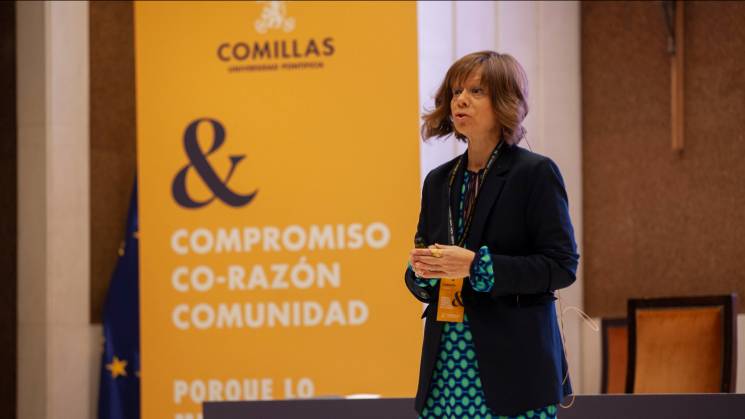
Social commitment
We care about society, we care about you.
We belong to a Jesuit network, but also a humanist one. That is why we do not limit the space to believers, there is room for all kinds of people who want to grow as professionals and as people. For this, we only ask for respect.


Tradition and innovation
Excellence is only achieved when tradition is solid, and is updated and advances hand in hand with innovation.
At Comiilas, we promote the transformation and continuous improvement of teaching practice through training and the promotion of innovation in our lecturers.
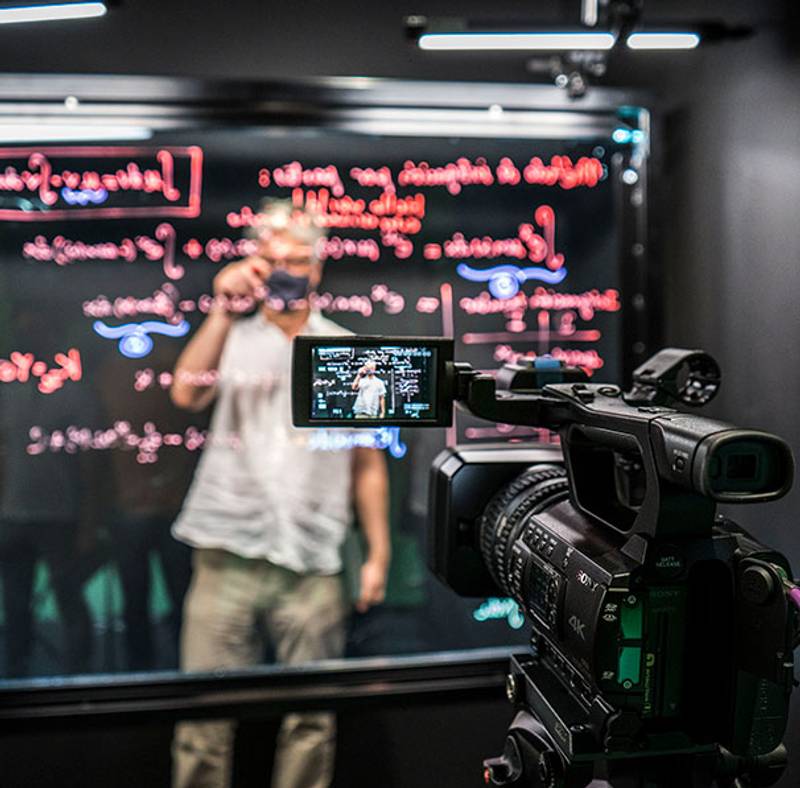
Tradition and innovation
Excellence is only achieved when tradition is solid, and is updated and advances hand in hand with innovation.
At Comiilas, we promote the transformation and continuous improvement of teaching practice through training and the promotion of innovation in our lecturers.


Tradition and innovation
Excellence is only achieved when tradition is solid, and is updated and advances hand in hand with innovation.
At Comiilas, we promote the transformation and continuous improvement of teaching practice through training and the promotion of innovation in our lecturers.
Public acknowledgements
1st university in Spain in terms of job placement and Top 5 in terms of SDG compliance
At Comillas we are not only backed by our prestige of tradition and excellence, but also by our pioneering and courageous character when it comes to innovating and committing to new methodologies and study models.
Frequently Asked Questions
We know that before you start your studies you may have many doubts and uncertainties...
Don't worry, you can count on our team for any kind of doubt or concern. Here are some answers to the most frequently asked questions, but don't hesitate to get in touch if you need anything else.
Of course, each class has its own tutor, whose function is to integrate the student into the group and pay attention to their academic performance. In addition, at Comillas, the teaching system is distinguished, among other characteristics, by the personalised attention and the fluid and permanent relationship between lecturers and students.
Of course you will! Last academic year, nearly 700 students participated in the exchanges that Comillas offers its students (357 Erasmus and 336 bilateral exchanges). More than a hundred students enrolled in the Inside Programmes (Kenya and the USA) and, together with lecturers and university staff, in development cooperation programmes (Peru, India and Kenya), as well as other destinations, such as Ireland, through partner organisations. Comillas currently has around 370 active agreements with the most prestigious institutions of higher education at an international scale. The list of universities with which there are exchange agreements can be consulted at the International Relations Service.
For Bachelor's degrees, you will be able to do the exchange during the third year (except for the Bachelor's Degree in International Relations and the Bachelor's Degree in Translation and Interpreting, which will be done in the second year).The teaching system at Comillas is especially oriented towards the relationship with the reality of companies, institutions, organisations and professional practice. The Internship and Employment Office is responsible for providing students with internships related to their studies in order to enrich their training. In the 2017-18 academic year, 6,296 student internships in companies were managed.
In addition to these internships managed by the Internship and Employment Office, all degree courses have a significant number of compulsory external internships as part of their syllabuses.
We look forward to welcoming you.
The university opens its doors so that students can talk to lecturers and get an "inside look" at its facilities and working methods. Open days and information sessions are organised to present the studies.







